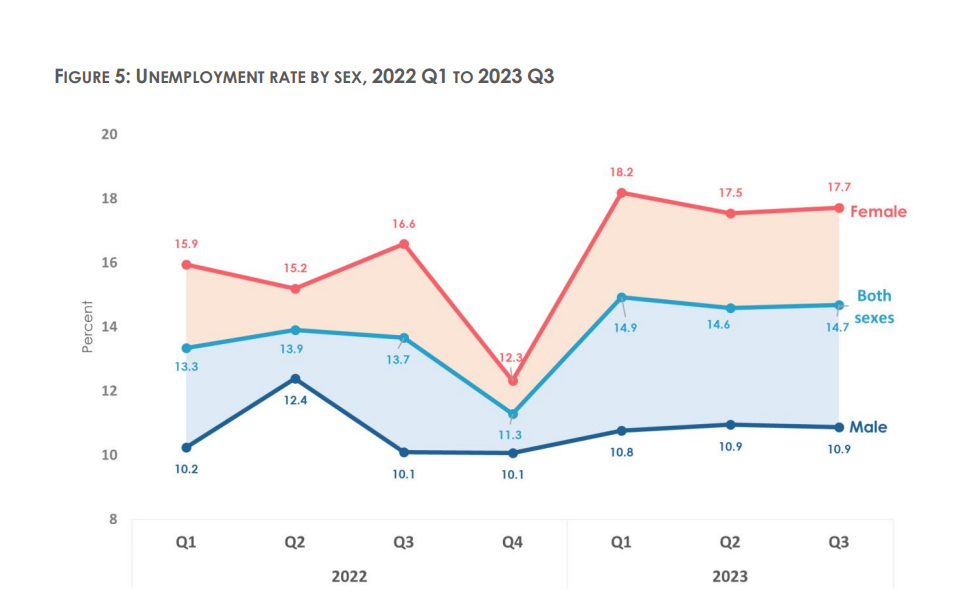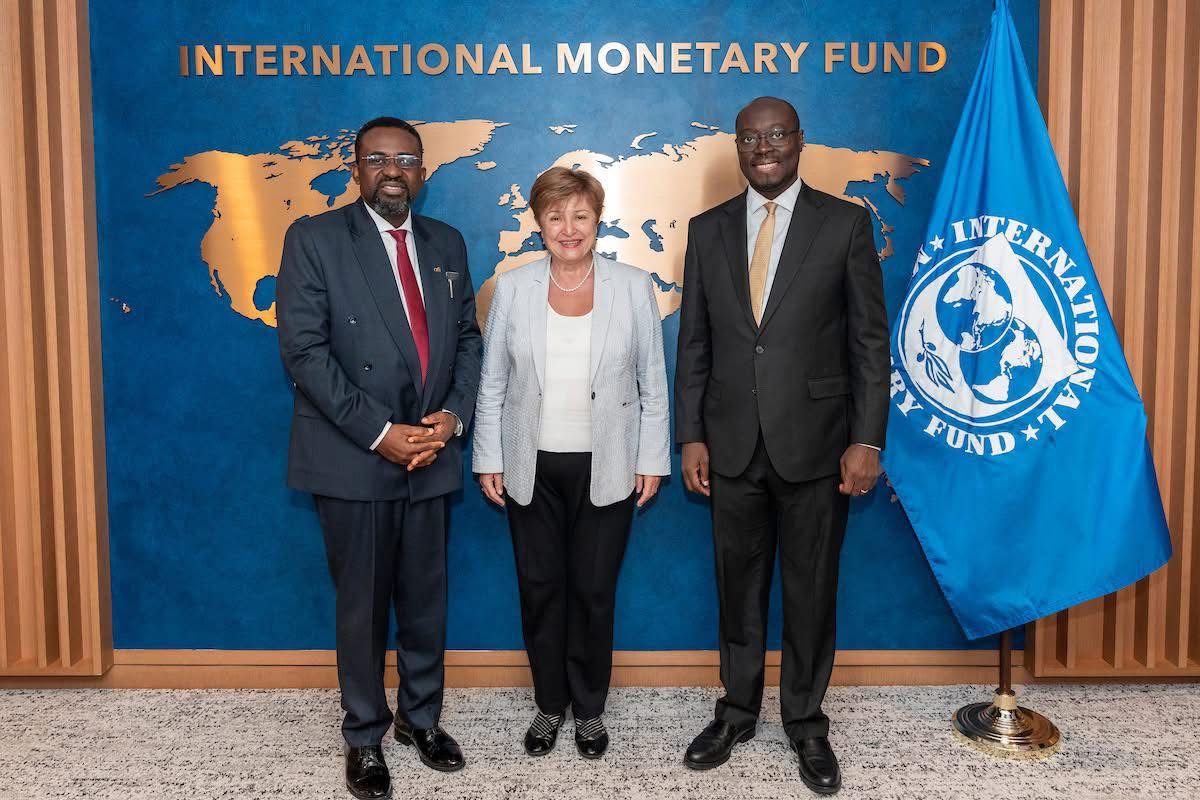
The Monetary Policy Committee (MPC) of the Bank of Ghana (BoG) has reduced the Monetary Policy Rate (MPR) by 200 basis points to 18.0 per cent, citing plummeting inflation and stability of the cedi.
This is the first time in the year when the MPC has reduced the MPR, since it was reduced to 20 per cent.
Addressing the media on the new MPR in Accra yesterday after the MPC 81st regular meeting, the Governor of the BoG, Dr Ernest Addison said since the last MPC meeting, all of the BoG's core measures of inflation broadly declined, suggesting subdued underlying inflation pressures.
"The bank's main measure of core inflation which excludes energy and utility, declined from 12.6 per cent in December 2017 to 11.3 per cent in February 2018. Also, the weighted inflation expectations by businesses, consumers and the financial sector derived from the bank's surveys continued to decline indicating that inflation expectations remain well anchored towards the medium term target of 8 plus minus two per cent," he said.
"The disinflation process continues to firm up over the first two months of the year, with significant moderation in prices. Both headline and core inflation broadly trended down, alongside easing inflation expectation, an indication that the disinflation process remained well-anchored," he said.
The Governor who is the Chairman of the MPC said headline inflation dropped sharply from 11.8 per cent in December 2017 to 10.3 per cent in January 2018, before edging up marginally to 10.6 per cent in February, indicating that the "uptick in February was occasioned by the upward adjustment of ex-pump prices of petroleum products following rising international crude oil prices."
"The committee noted that the current inflation forecast provides scope for monetary policy to realign interest rates, translate the disinflation gains achieved so far to the market, and reinforce the fiscal consolidation process by easing the burned of interest payments of the budget," he said.
Dr Addison said the growth momentum experienced in 2017 had continued into 2018, arguing that the BoG Composite Index of Economic Activity grew by 3.1 per cent year-on-year in January and the bank's confidence surveys conducted in February also indicated positive sentiments on growth prospects, realisation of business expectations and general improvements in the economy.
He said, the strong path of fiscal consolidation in 2017 continued in the first quarter of 2018, with the continuation of the allotment system which aligned expenditures to revenues.
"Growth prospects for 2018 remain positive and are expected to support by crude oil production, gradual recovery in the non-oil sector, and favourable business and consumer sentiments," he said.
Dr Addison said provisional data on government operations indicated an overall budget deficit of 6.0 per cent of Gross Domestic Product in 2017, against the target of 6.3 per cent, adding that total revenue and grants was 20.0 per cent of GDP, below the target of 21.3 per cent and total expenditures, including arrears clearance, was 26.0 per cent of GDP below the budgeted estimate of 27.7 per cent.
"The total public debt declined from 73.1 per cent of GDP in December 2016 to 69.8 per cent of GDP (GHc142.5 billion) at the end of 2017. Of the total, domestic debt was GH?66.7 billion and external debt was GH?75.8 billion," he said.
Dr Addison said the provisional trade data for the first two months of 2018 indicated a trade surplus of $584.5 million (1.1 per cent of GDP) on the back of higher exports receipts from crude oil, adding that the trade surplus was expected to translate into current account surplus in the first quarter of 2018, and further into a strong external position.
Read Full Story























Facebook
Twitter
Pinterest
Instagram
Google+
YouTube
LinkedIn
RSS